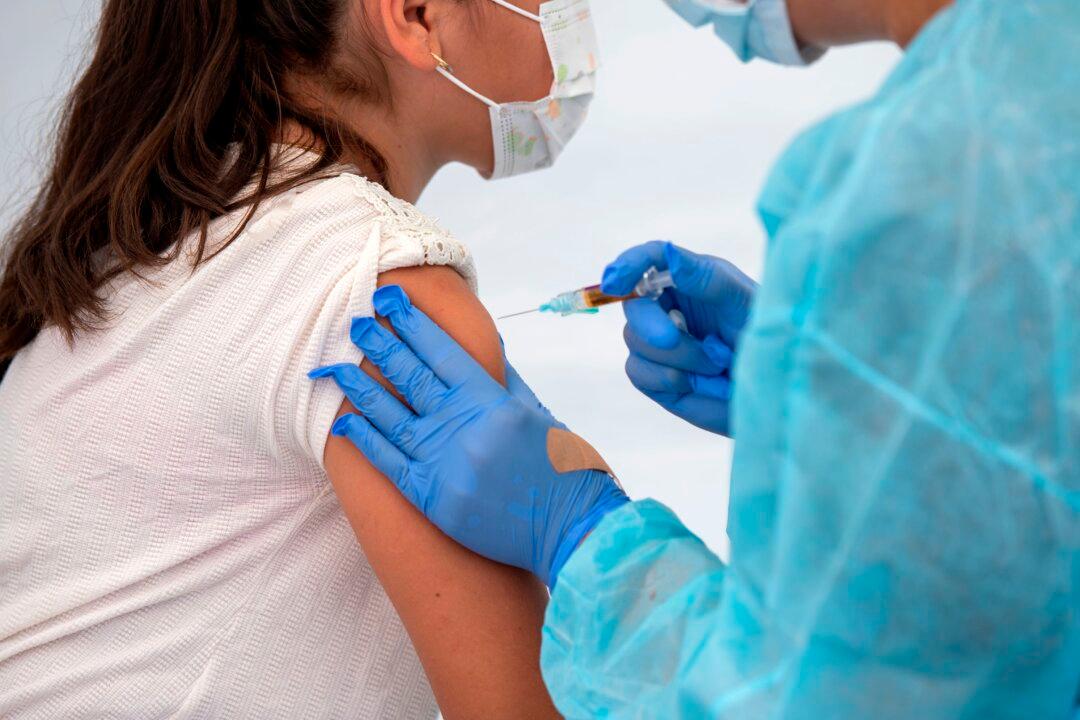WASHINGTON—The nation’s capital city is looking likely to pass legislation that would allow children as young as 11 years old to make their own decisions on receiving vaccines, without parental consent or knowledge.
Bill 23-171 would allow for children as young as 11 to consent to all vaccines on the government schedule. At the same time, the school, health care provider, and the parent’s private insurance would conceal the child’s vaccination from parents or guardians—who would have no knowledge of the vaccination unless the child told them.





